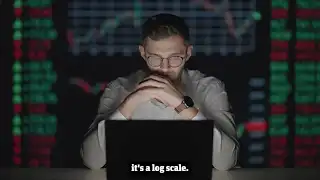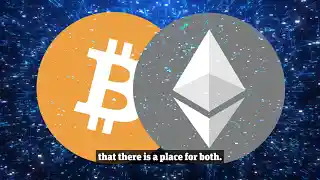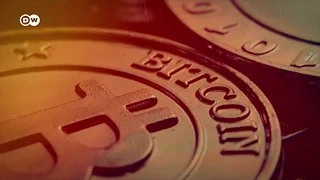Smart contracts are self-executing contracts with the terms of the agreement between buyer and seller being directly written into lines of code. The code and the agreements contained therein exist across a distributed, decentralized blockchain network. The code controls the execution of the agreements, and transactions are trackable and irreversible.
Smart contracts were first proposed by Nick Szabo in 1994, but it wasn’t until the advent of Ethereum in 2015 that they became a reality. Ethereum is a blockchain platform that allows developers to create and deploy decentralized applications (dApps). Smart contracts are an essential part of the Ethereum ecosystem.
Smart contracts can be used to automate a wide variety of agreements, including real estate transactions, supply chain management, and voting. They can also be used to create new financial instruments, such as decentralized exchanges and lending platforms.
Smart contracts have the potential to revolutionize the way we contract with each other. They can make contracts more efficient, transparent, and secure. However, smart contracts are still in their early stages of development, and there are a number of challenges that need to be addressed before they can be widely adopted.
Analysis:
Smart contracts have the potential to revolutionize the way we contract with each other. They can make contracts more efficient, transparent, and secure. However, smart contracts are still in their early stages of development, and there are a number of challenges that need to be addressed before they can be widely adopted.
One of the biggest challenges facing smart contracts is security. Smart contracts are complex programs, and even a small bug can have catastrophic consequences. In 2016, a bug in the DAO smart contract resulted in the theft of over $50 million worth of Ethereum.
Another challenge facing smart contracts is scalability. Ethereum is currently struggling to scale to meet the growing demand. This is limiting the adoption of smart contracts.
Despite the challenges, smart contracts have the potential to revolutionize the way we contract with each other. They can make contracts more efficient, transparent, and secure. As the technology continues to develop and the challenges are addressed, smart contracts are likely to become more widely adopted.
My opinion:
I believe that smart contracts have the potential to revolutionize the way we contract with each other. They can make contracts more efficient, transparent, and secure. However, smart contracts are still in their early stages of development, and there are a number of challenges that need to be addressed before they can be widely adopted.
I encourage anyone who is interested in smart contracts to do their own research and to understand the risks involved before investing in or using them.










Discussion about this post